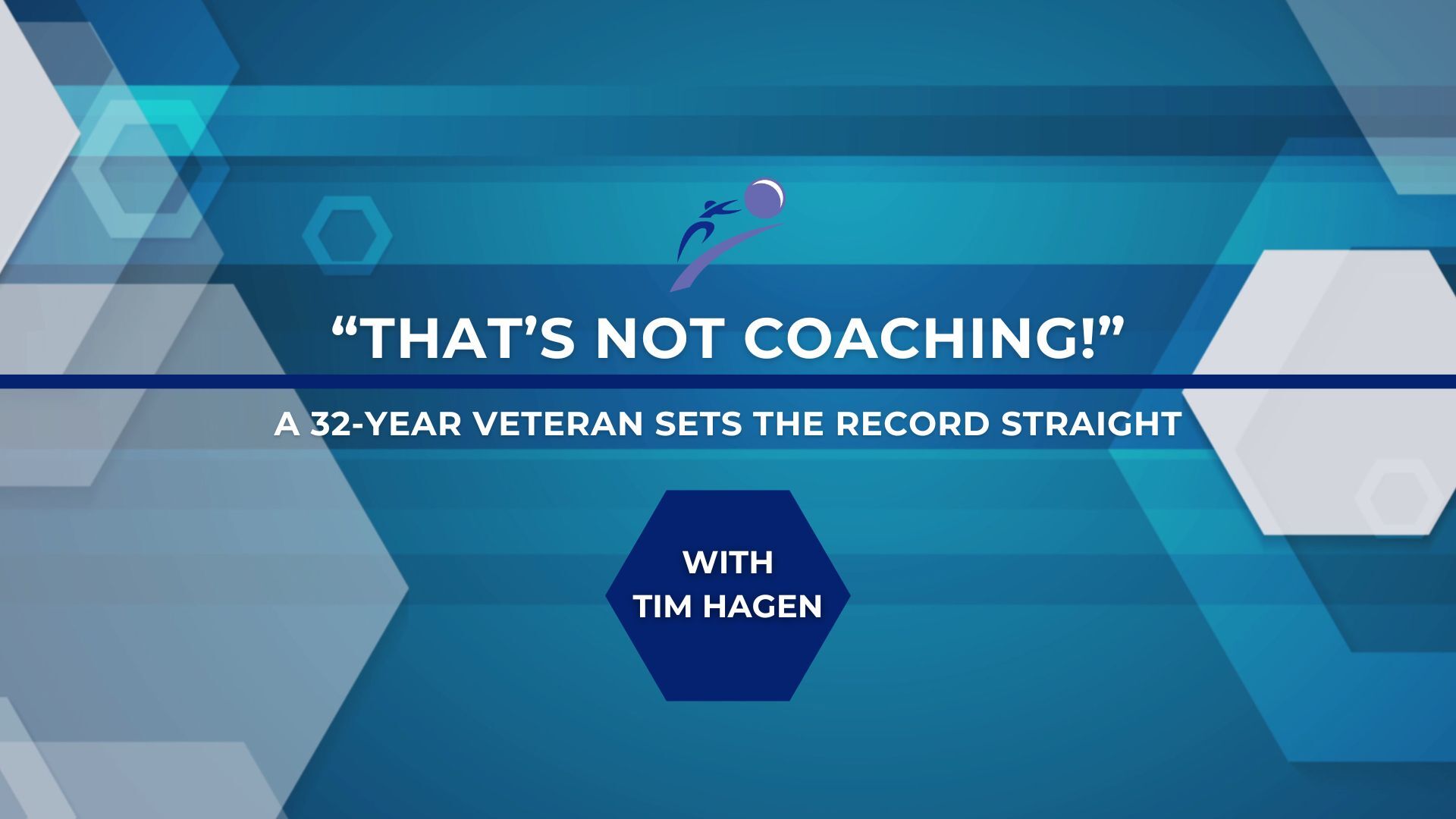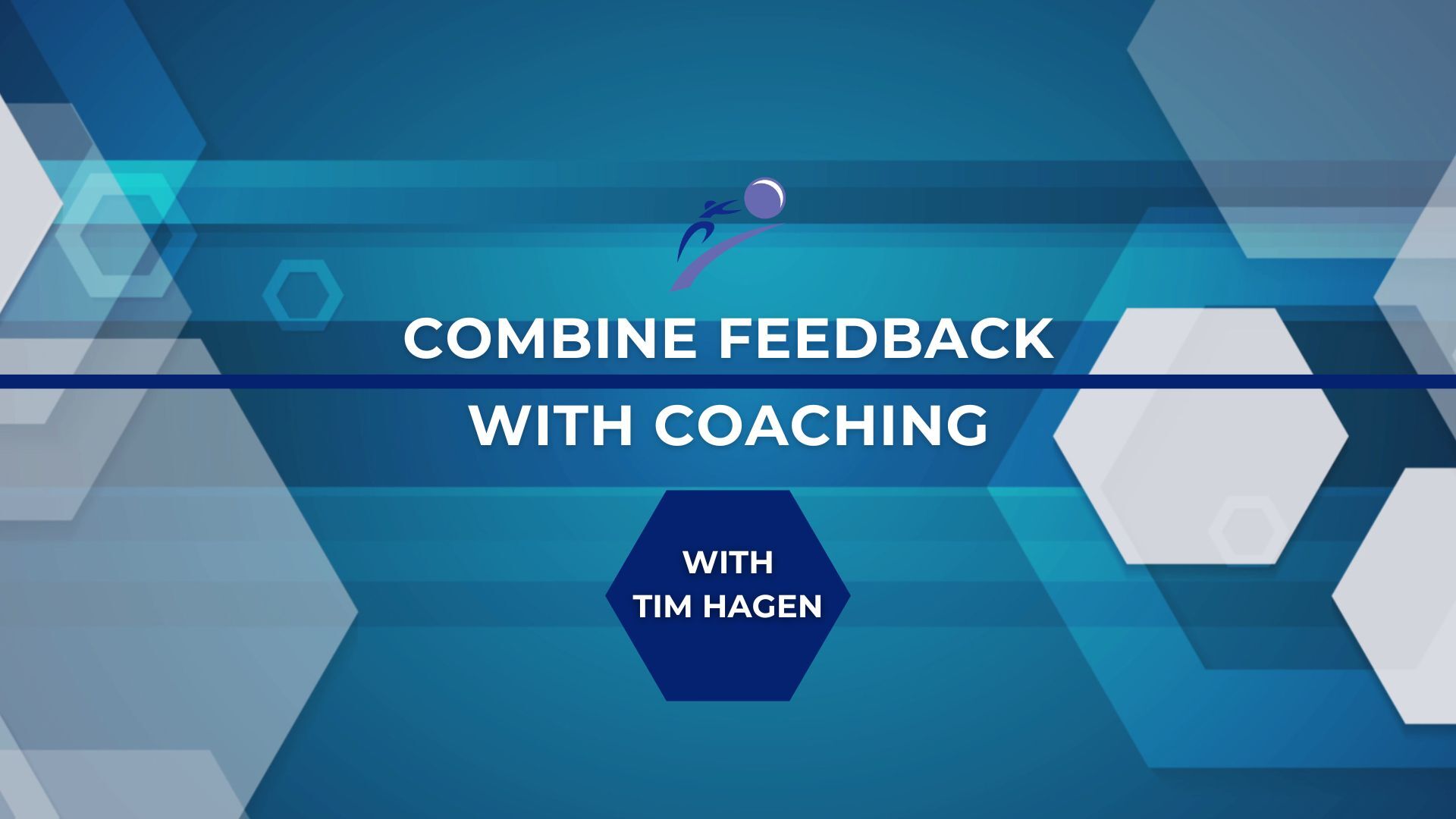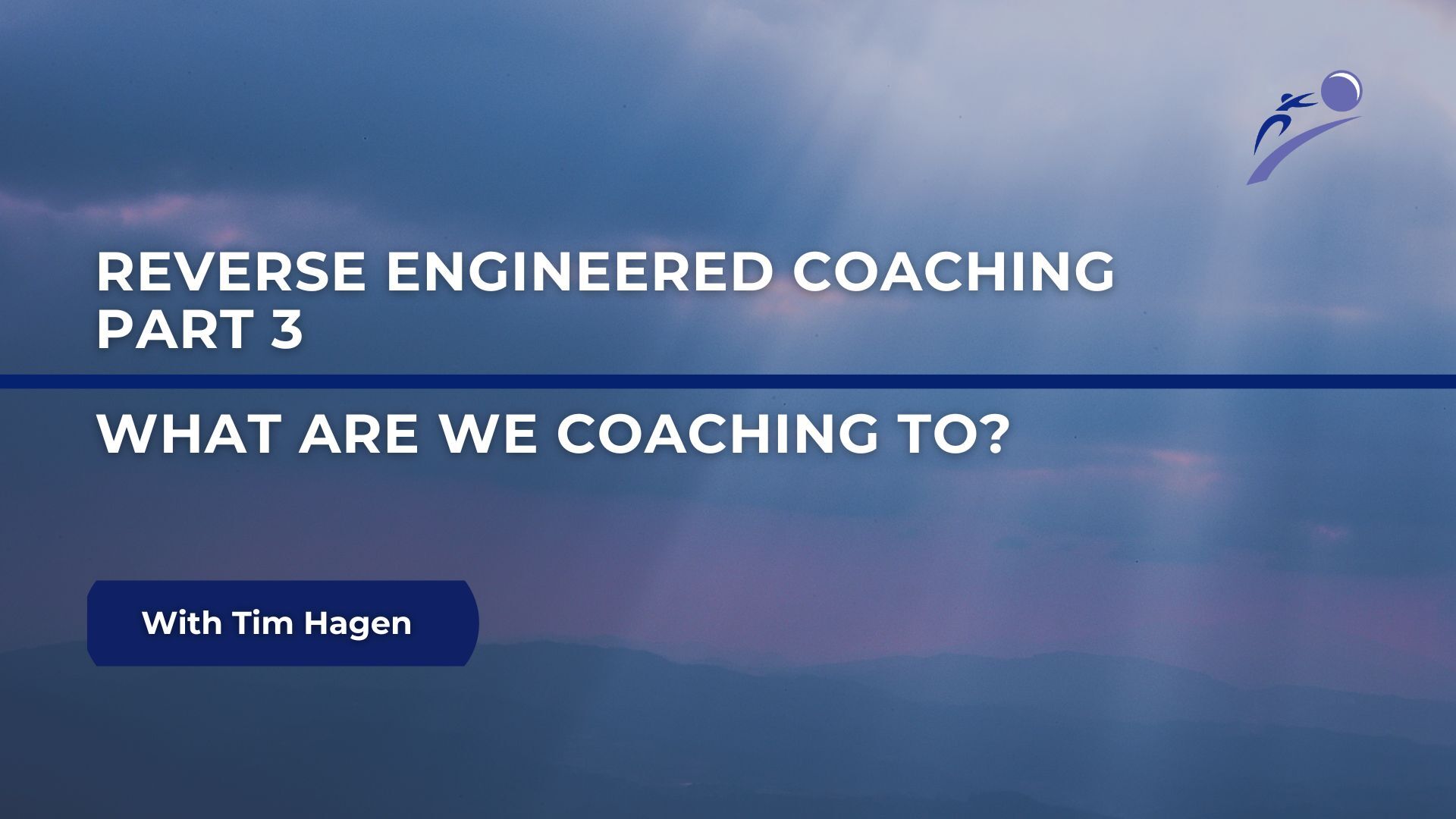
As someone with a background in counseling, and as a citizen who pays attention to the world around them, the world can be a tough place. Instead of avoiding difficult subjects, we know that genuine human connection can help ease some of the burden. Some of these difficult subjects like workplace culture, engagement studies, and emotional intelligence are trending for a great reason- companies are owning the fact that embracing each of these areas is key towards their overall success as a company. So, you know you need to focus on these things because they keep popping up everywhere- the news, social media, word-of-mouth around the office, mandates from upper management. Great! You've embraced the first step of the process, which is gaining an understanding. Then that begs the question- now what?
What will you do to really make sure you have a positive workplace culture, a truly engaged workplace, and emotionally intelligent employees? Simply identifying these things isn't enough to really make a lasting impact. What will help, however, is the follow up. How will you make sure to keep all of this in mind while still implementing coaching on a consistent basis? Try using emotionally intelligent coaching questions.
Coaching questions are tools that allow growth and understanding, moving away from close ended conversations that typically exist in the workplace.
Here's the thing- close ended questions get your point and agenda across, but they don't get the conversation going. Let's clarify a few things before moving on to some helpful question types you can use to empathize through coaching.
So, emotional intelligence is a phrase that's used a lot, but does that mean I understand people's emotions? Sort of! Being emotionally intelligent simply means being able to be aware of, control, and express one's emotions, and to handle interpersonal relationships judiciously and empathetically.
I can sympathize with people, so no problem! Well, let's look at the definition of empathy vs. sympathy. To sum up the differences between the most commonly used meanings of these two terms: sympathy is feeling compassion, sorrow, or pity for the hardships that another person encounters, while empathy is putting yourself in the shoes of another.
OK, well how hard can it be to make sure we are emotionally intelligent, empathize, AND ask open ended questions? Hopefully you've drawn your own conclusions that doing all of these things at the same time takes practice, and that the process of coaching is something that involves a give and take. When you're the coach, the more effort you put into the quality of questions you ask, the higher level of constructive responses you'll receive from whomever you're coaching.
Emotional intelligence and empathy go hand-in-hand- you can't have emotional intelligence without empathy, and you can't have empathy without emotional intelligence. By bringing these forms of communication in your workplace, you'll have a more connected workforce, an increase in genuine relationships, and, as a coach, a more satisfying coaching experience.
OK- enough background on why I think it's important, let's get to the good stuff. Here's five emotionally intelligent coaching questions you can use to get the ball rolling:
- Reflection questions- Use this to allow the individual time to reflect on their experience prior to coming up with a response. The result is one that is more genuine, thoughtful, and targeted. "What did you learn about yourself that you know you need to keep working on and why? Think on it, then get back to me in an hour."
- Permission questions- These demonstrate respect, and are ultimately great tools to use when people are unsure or resistant to the coaching process. Phrase the start to your open-ended question by saying, "With your permission, could I note some things I'm observing?"
- Hypothetical questions- I use this a lot with kids, but it's definitely something you can use with adults as well. These allow the people you're coaching to detach themselves emotionally from what they're going through, giving them the opportunity to respond honestly. "Hypothetically, if you had to name two things you could do to become more comfortable in terms of working with your teammates, what would those be and why?"
- Relating questions- Disclosure, or the experience of sharing something vulnerable as a coach, helps bridge the distance gap. By relating your experience, you're demonstrating to the person you're coaching that you've been there too. "I'll share with you that I've also had to overcome a situation like this, and I know it can be really difficult. I want know you have my support. How can I help?"
- The Sword questions- We tend to naturally do this in conversation, especially when approaching difficult conversations. Keep this in mind- we do it because it helps ease tension while demonstrating empathy. "Just so I don't make assumptions, which would be unfair to you..." then ask your open-ended question.
The workplace can be as difficult, if not more so, than the outside world. Remembering the importance of empathy in terms of driving genuine human connection is vital to your coaching approaches. Keep in mind that it's called coaching for a reason- you may not get the answer you want by asking these questions, but you ultimately learn essential information that allows for true development of a positive workplace culture.
Want to learn more about creating a positive workplace culture? Check out our upcoming webinar!






